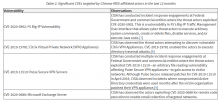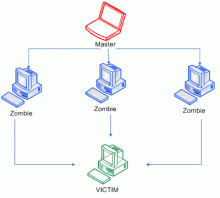The iOS 14 Privacy and Security Features You Should Know
iOS 14 has begun rolling out to iPhones worldwide, and as is typical for Apple and a new iOS release, security and privacy enhancements are front and center. The new mobile operating system should make you and your data safer than ever. But it's important to know where these various features are and how to use them.
Below you can find the most important security and privacy features your iOS device now has that it didn't have before. Make sure you check them as soon as you've got iOS 14 on your iPhone or iPad.













































































